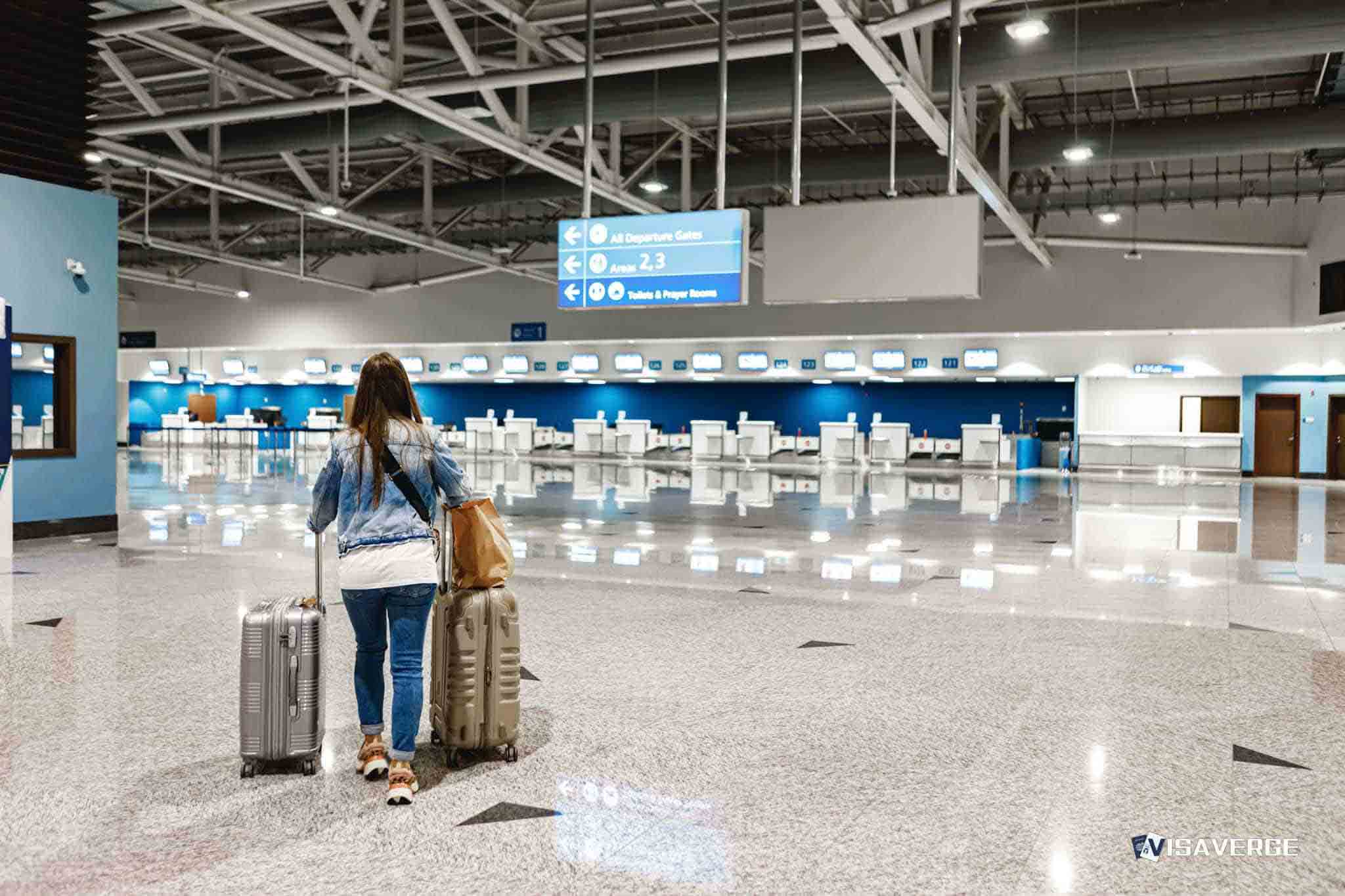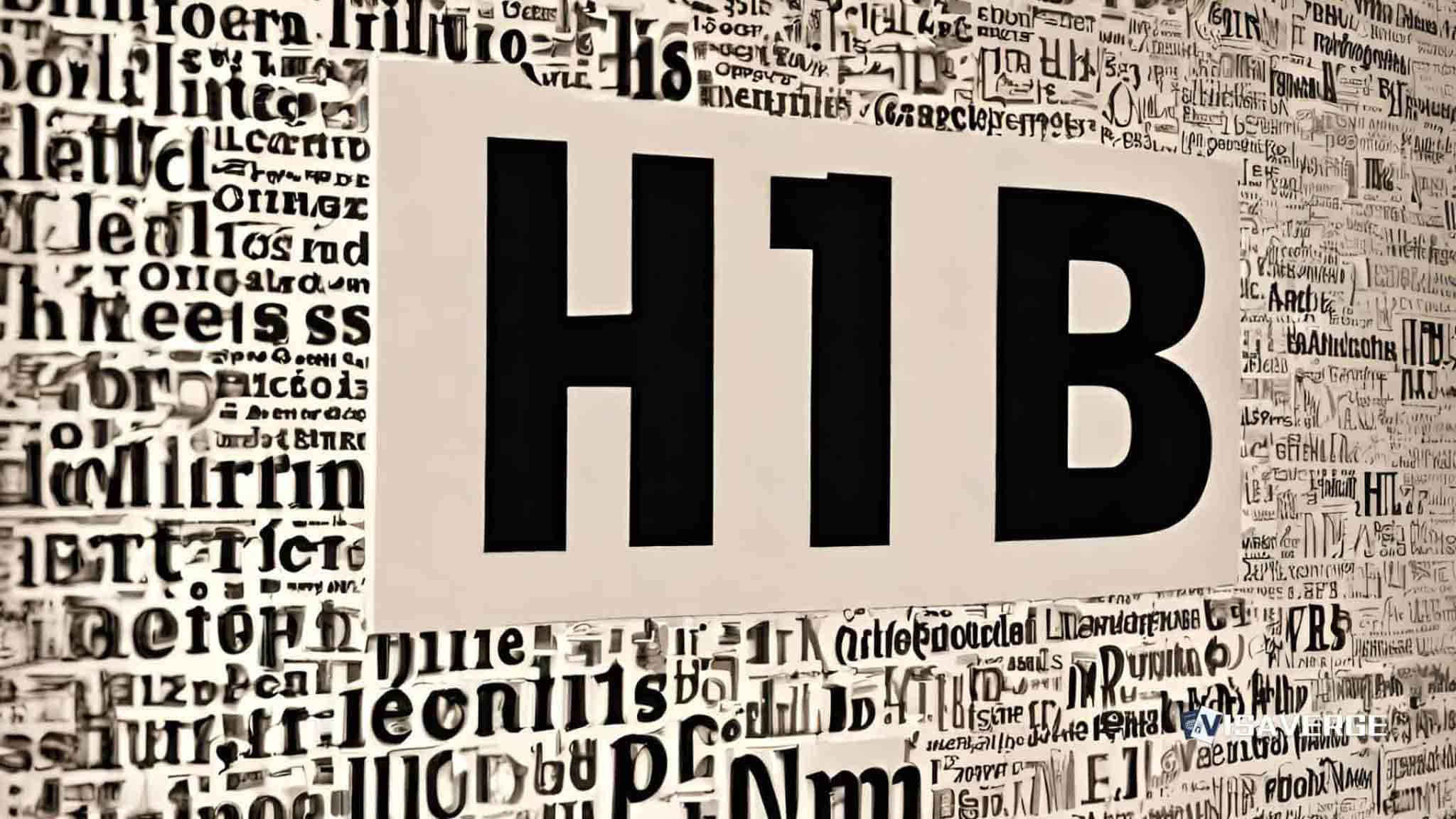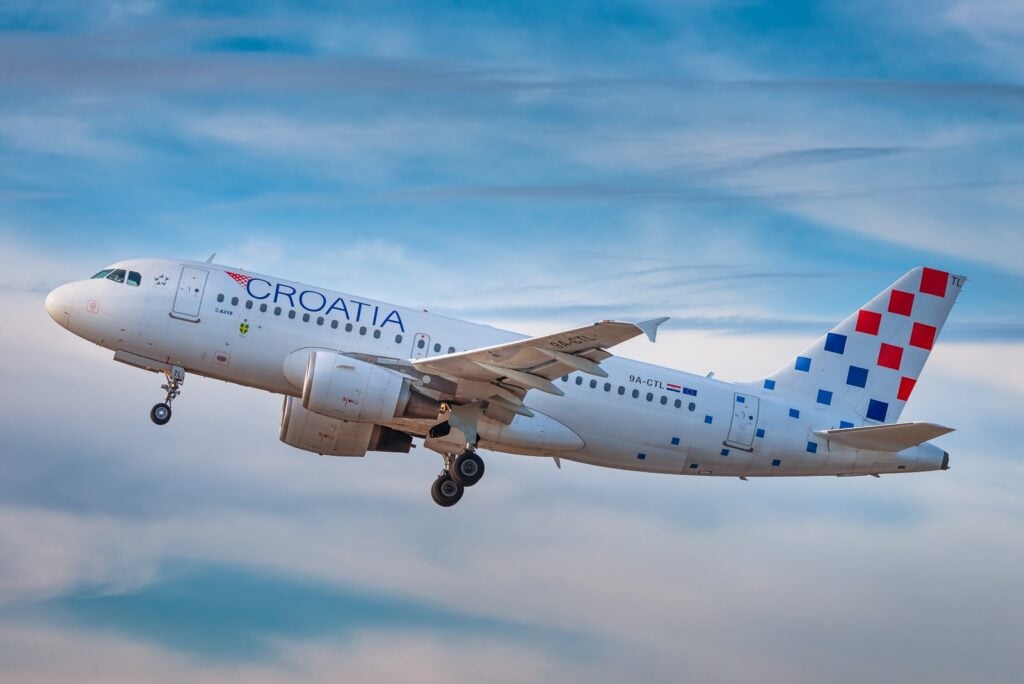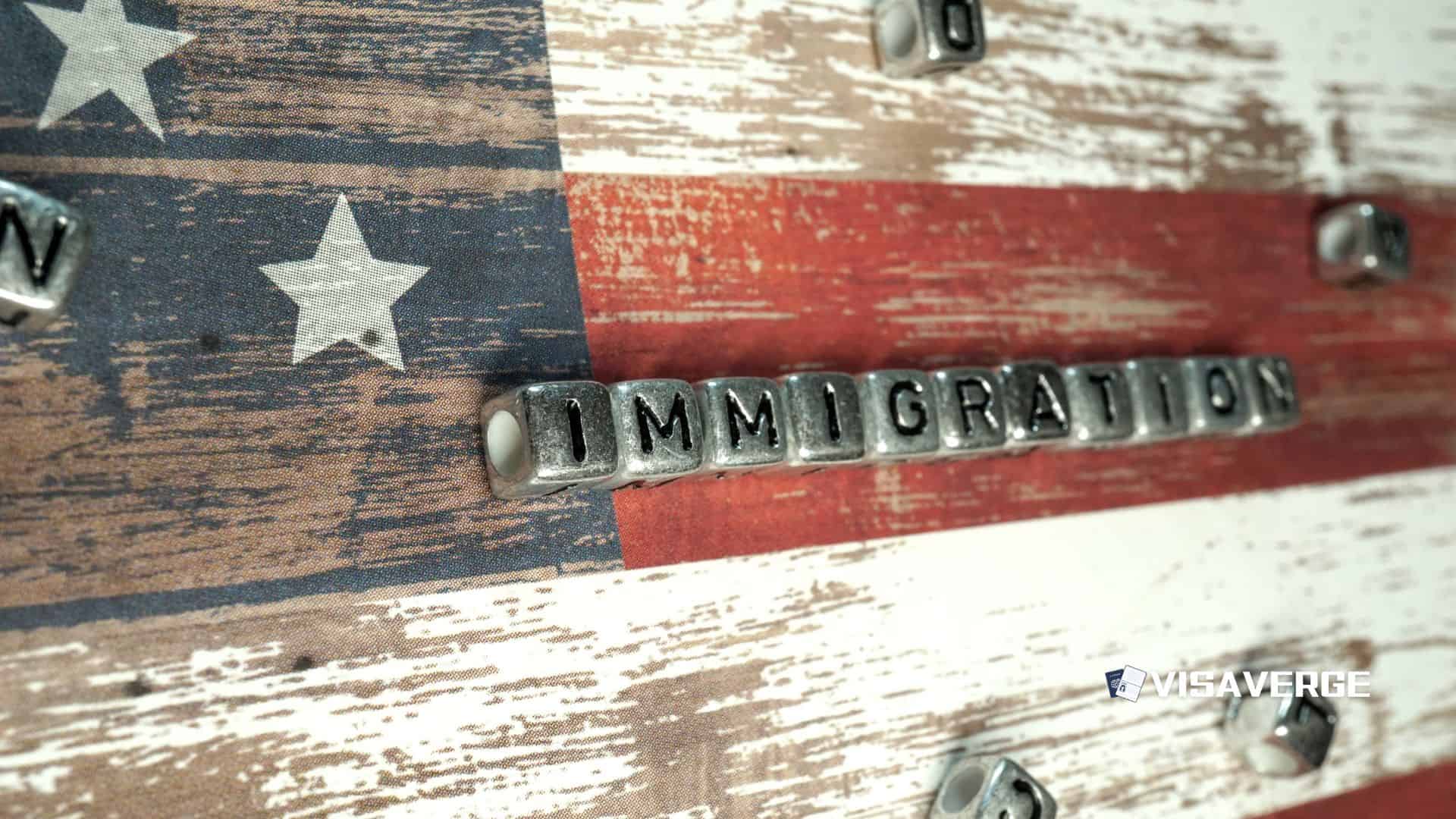(CHINA) China’s yuan will be added as a settlement currency for international airline and aviation supplier payments through the International Air Transport Association’s Clearing House, in a phased rollout that begins with a pilot in November 2025 and full availability in December 2025. The move, announced by IATA, marks a concrete step in the currency’s internationalisation and is designed to cut conversion costs and settlement times for carriers doing business in and with China, one of the world’s largest aviation markets.
IATA confirmed the timeline in an official statement that framed the change as both practical and industry-driven.
“Settlements in Renminbi will be available starting December 2025, following the completion of a trial period. China Southern Airlines and Xiamen Airlines will be the first to pilot settlements in Renminbi from November 2025,” according to IATA’s official statement.
The pilot will test operational workflows with the two mainland carriers before the yuan is made available as a standard option through the Clearing House, known across the industry as the ICH.

The ICH processes airline-to-airline and airline-to-supplier settlements in multiple currencies and, according to IATA, already handles seven other major currencies. In 2024, the Clearing House provided settlement services to 581 airlines and associated companies, processing USD 63.8 billion and serving 33 Chinese and foreign airlines operating in China. By adding the yuan, IATA aims to allow participants to invoice and settle directly in renminbi, reducing exposure to exchange swings and avoiding double conversions that can erode margins on low-yield routes and high-volume services.
Airlines in China and carriers with substantial China operations have long said that paying and receiving in local currency would streamline their finance operations. Sun Yuquan, chief financial officer of Air China and chair of the China Airline Committee, said the association’s decision addressed industry demands for efficiency and risk control.
“We welcome IATA’s decision to add the Renminbi as a settlement currency. This is a positive development for the air transport industry in China. Avoiding costly and multiple currency conversions will speed up settlement and reduce currency exchange risk,” said Sun.
For carriers juggling complex networks, spare parts procurement, interline balances, and airport and air traffic fees, routine settlements in yuan could reduce administrative friction across supply chains that rely on steady cash flow.
IATA has moved to frame the change as an investment in its core settlement infrastructure rather than a heightened risk for participants. Frederic Leger, senior vice president of IATA Products & Services, said the addition follows direct feedback from member airlines, particularly those serving the Chinese market.
“Enabling settlement in Renminbi through the ICH helps meet that need. It’s an important investment in the ICH which will deliver an enhanced service to our member airlines with no additional cost. And it’s encouraging to see that the market is welcoming this addition positively,” said Leger.
The ICH’s function as a netting and clearing platform is critical to airline liquidity; smoothing that process in yuan may help carriers better match revenues and expenses that already occur in China.
The change aligns with Beijing’s broader goals to expand the yuan’s global use. While the renminbi is convertible under China’s current account, which covers trade in goods and services, the capital account remains tightly managed by Beijing. Chinese policymakers have set out a long-running ambition to “promote the internationalisation of the yuan” and widen its role in cross-border trade and investment. The People’s Bank of China and senior officials have repeated that objective as part of a strategy to reduce reliance on the US dollar and make financial flows more resilient during periods of market stress. Bringing the airline settlement system on board gives that strategy a concrete application in a high-volume, globally connected industry.
Aviation has already begun to deliver early examples of the yuan’s use in cross-border transactions. In May 2024, China completed its first known cross-border leasing of a homegrown ARJ21 aircraft to Indonesia’s Transnusa Airlines, with all payments settled in offshore yuan. Leasing is capital-intensive and contract-heavy, and carrying it out in renminbi showed that the currency can function in complex, multi-jurisdiction deals beyond simple ticket or ground-service payments. For airlines and lessors, pricing aircraft assets, maintenance reserves, and end-of-lease obligations in a single currency can reduce disputes and speed up reconciliations.
IATA’s yuan announcement came alongside a parallel update on digital payments in the Chinese market. The association said the digital yuan will become the first digital currency accepted in its China Billing and Settlement Plan by December 2024, a move it said responds to member requests and changing consumer habits. Muhammad Albakri, IATA’s senior vice president for Financial Settlement and Distribution Services, said the industry’s payment systems must keep pace with the shift toward digital transactions.
“With the increasing use of digital currencies, it is imperative that IATA’s industry financial settlement systems adapt to support the needs of those using our services,” said Albakri.
The initiative to include the digital yuan followed requests from IATA’s China Airline Committee, reflecting the wider uptake of digital payments across the aviation chain, from ticketing to ancillary services.
The addition of the digital yuan to the China BSP is separate from the ICH renminbi settlement plan, but together they point to a coordinated effort to align airline financial plumbing with the currency patterns of the world’s second-largest aviation market. BSPs are used primarily for ticketing settlements between airlines and travel agents, while the Clearing House handles interline and supply-side invoices. Adopting digital yuan in BSP transactions could speed payouts to carriers and reduce chargeback risks, while ICH yuan settlement creates a matching option for airline-to-airline and airline-to-supplier obligations.
Economists have long debated how quickly the renminbi can gain a larger share of global payments, given China’s managed capital account and the depth of dollar and euro markets. Even so, multilateral officials say incremental steps that facilitate the yuan’s use in real-world transactions are likely to continue as China’s trade footprint expands. Marshall Mills, the International Monetary Fund’s senior resident representative in China, said the currency’s use will track the country’s economic weight.
“As China’s role in the global economy and trade continues to grow, we expect the international use of the yuan to grow,” said Mills.
That expectation runs through sectors where Chinese firms and consumers anchor demand, including commercial aviation, which depends on large long-term investments and constant settlement cycles.
Chinese scholars have tied currency influence directly to financial clout. Wu Xiaoqiu, dean of the National Academy of Financial Research at Renmin University, described global currency reach as a foundation for broader economic power.
“If a country’s legal tender lacked global influence, the notion of great financial strength would be untenable,” said Wu.
In policy terms, that view supports incremental reforms that allow more cross-border trade and services to be invoiced and settled in renminbi, alongside projects like the Clearing House expansion that embed yuan options in the financial pipes of international industries.
For airlines, the mechanics matter as much as the symbolism. IATA’s Clearing House is designed to net claims and obligations among hundreds of participants, reducing the number of individual payments and limiting counterparty exposure. Allowing that multilateral netting to occur in yuan introduces a domestic currency option to transactions that often originate or end in China, whether they are interline ticket settlements, engine overhaul invoices, or catering and ground-handling fees at Chinese airports. The association says the ICH handled USD 63.8 billion in 2024, a volume that captures the breadth of airline economic activity, from small regional carriers to global network operators.
Carriers serving Chinese routes have dealt for years with the friction of moving between local-currency receipts and foreign-currency costs. International airlines often earn revenue in yuan from Chinese sales but face costs priced in other currencies, forcing conversions that add fees and timing risks. Chinese carriers face the mirror problem when paying overseas suppliers. Sun’s argument—that avoiding “costly and multiple currency conversions” can speed settlements and reduce risk—reflects a practical focus of airline finance teams that manage thin margins and fluctuating fuel, lease, and labor costs. By letting airlines and suppliers opt into yuan at the Clearing House level, IATA is giving them another tool to match currency flows more tightly to their balance sheets.
The pilot with China Southern Airlines and Xiamen Airlines in November 2025 will be watched closely by airline treasurers and finance chiefs. Pilots typically test end-to-end processes: currency selection in invoices and billing, netting calculations, settlement execution, and reconciliation within participants’ accounting systems. Any resulting tweaks are expected to inform the broader rollout in December 2025. IATA said this will be done “with no additional cost,” a point Leger emphasised as the association seeks to keep user fees stable while upgrading the ICH’s capabilities. For global carriers, zero incremental cost can make the difference between adopting a new currency option quickly and waiting until the next financial planning cycle.
The decision also reflects a broader trend in aviation finance to diversify currency and payment options where trade lanes justify it. The ARJ21 lease to Transnusa in May 2024, settled entirely in offshore yuan, showed that lessors and airlines can structure deals around renminbi cash flows when both sides are comfortable with legal and banking arrangements. In the retail and agency space, the China BSP’s acceptance of digital yuan by December 2024 underscores how rapidly ticketing and settlement tools are incorporating local digital payment habits. Although the digital yuan initiative is confined to China’s BSP and does not imply global digital currency acceptance, airlines say harmonising settlement options with market practices can reduce refunds and receivables friction.
China’s capital account controls still set clear limits on how far and how fast the yuan can spread across corporate balance sheets. But the Clearing House move is notable because it embeds renminbi choice inside a global industry utility that already nets billions of dollars of claims each month. That approach does not require sweeping policy changes; instead, it allows companies to choose the yuan where it saves money or reduces risk, and stick with other currencies where liquidity and hedging needs are better served. It is a measured step, but for an industry that runs on tight working capital and just-in-time logistics, measured steps can translate into real gains.
In practical terms, industry participants say the benefits will likely show first in reduced bank fees and fewer timing mismatches. Interline settlements that currently bounce through two or three currencies could be simplified if both counterparties accept yuan through the ICH. Suppliers that source parts or services in China might prefer to bill and collect in renminbi, especially if their own expenses are yuan-denominated. Over time, IATA’s data from the ICH may reveal how widely airlines adopt the new option, with uptake influenced by route networks, supplier bases, and hedging policies.
For policymakers in Beijing, the announcement offers a headline example of yuan internationalisation that connects to a daily commercial activity rather than to abstract financial markets. The People’s Bank of China has repeatedly backed measures to expand the currency’s role in cross-border trade and services, and the IATA development links that policy to the global airline ecosystem. Unlike speculative flows, airline settlements are tied to real services—passengers flown, cargo delivered, engines overhauled—making them a useful proving ground for cross-border currency use.
The test over the next year will be operational. IATA must complete the pilot in November 2025, resolve any technical or reconciliation issues, and switch on yuan settlement for all ICH participants in December 2025. For the China BSP, the digital yuan acceptance in December 2024 will need to integrate smoothly with airlines’ revenue accounting systems and agency processes. If both timelines hold and adoption follows, the renminbi’s footprint in aviation finance could expand from a handful of bespoke deals into a routine option embedded in the industry’s core settlement engines.
Analysts say the measured pace is part of the plan. Elevating an industry utility like the Clearing House to include yuan will not set off immediate shifts in global currency shares, but it lowers the practical barriers for airlines and suppliers that already operate in a renminbi-heavy environment. As Mills noted, the currency’s use will likely grow with China’s trade and economic footprint. And as Wu argued, currency influence underpins financial strength. For airlines tallying invoices at month-end, the change may be felt more simply: fewer conversions, faster settlements, and a closer match between the currency of their customers and the currency of their cash.
This Article in a Nutshell
IATA will introduce the renminbi as a settlement currency through its Clearing House, piloting the option with China Southern and Xiamen Airlines in November 2025 and launching full availability in December 2025. The ICH handled USD 63.8 billion across 581 airlines in 2024; adding the yuan aims to reduce conversion costs, shorten settlement times, and better match currency flows for carriers and suppliers active in China. Separately, the China BSP will accept the digital yuan by December 2024, aligning ticketing settlements with rising digital-payment use.













